Update: Theatrical Intimacy Education’s Equity, Diversity, Inclusion, and Intimacy Initiative (EDIII) Summit
In early 2019, Laura and I partnered with Kaja Dunn, a noted and respected scholar on the subjects of Decolonization and Equity, Diversity, and Inclusion (EDI). We wanted to work with her on addressing the overwhelming whiteness in the developing field of intimacy specialization and in TIE’s own workshops .
The first idea we pitched to Kaja was for an EDI scholarship, giving away two no-cost spots in all of our workshops. Kaja said it was a nice idea, but that throwing money at the problem wasn’t enough. We needed to ensure that our pedagogy was anti-racist and counter-traumatic. We needed to stop assuming that what we had was of value to the communities that weren’t in the room. We needed to deepen our practice and do a lot more listening.
Working together with Brian Eugenio Herrera, we developed the Equity, Diversity, Inclusion, and Intimacy Initiative, or The EDIII. The goal of The EDIII is to change who is in the room for conversations about theatrical intimacy, taking an intersectional approach, but centering the racist, colonialist power structures that prop up inequity in our field.
When we launched the EDIII, we announced four major projects: that scholarship (The EDIII Scholarship), a partnership program (The EDIII Organizational Partnership), a program to develop intimacy trainings for self-identified BIPOC, and a gathering of scholars, artists, and practitioners to talk about race, intimacy, and building a counter-traumatic arts pedagogy (The EDIII Summit).
We were days away from the EDIII Summit when the pandemic began to show up in the US and Princeton University, our host, announced that they were closing campus. We postponed the Summit and turned our attention to moving our courses, and our lives, online.
In the throes of three major concurrent, and ongoing, events: a pandemic, an economic disaster, and a national reckoning around Anti-Blackness, racial injustice and police violence, the conversation we intended to have in March is more critical than ever.
We had always envisioned The Summit to be a small gathering that would center the voices of Black women and be a seed for other larger gatherings and conversations. In that spirit, we are planning two small gatherings, the first a seed for the second, to eventually move into a more public space.
The first event will be a very small group of Black women, gathered to discuss the role of theatrical intimacy and Race in this moment of reckoning. The second event will be for invitees of the original Summit, building off of the conversations from the first gathering. In recognition of the value of their time, labor, and expertise, all of our participants are being offered an honorarium as well as an additional amount to offset incidental costs.
We remain committed to transparency and good citational practices. With the consent of participants, we will be working with the participants of both events to create publicly available documentation out of these conversations with findings that we think will be valuable to the broader community.
We will continue to update as we move forward over the coming months.
Best,
Chelsea and Laura

